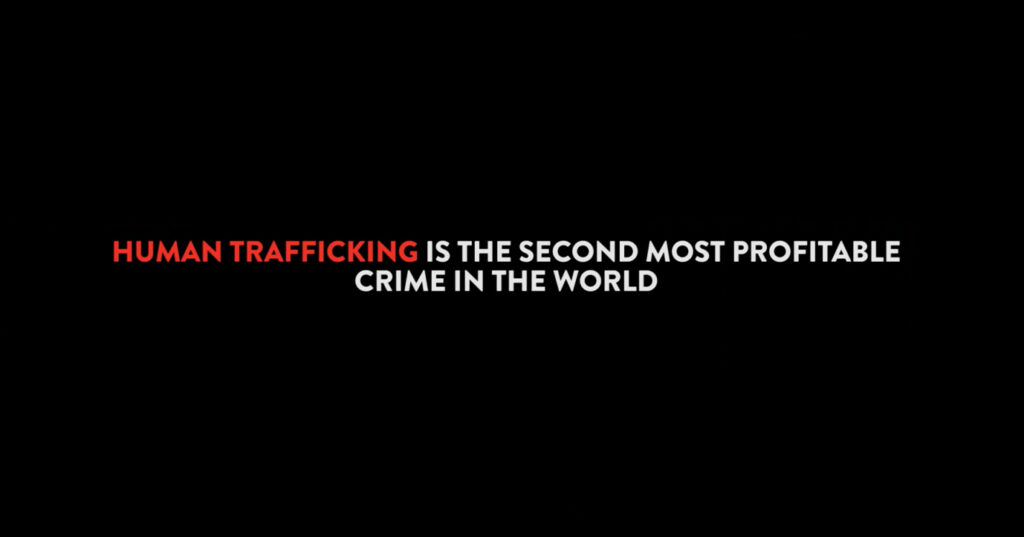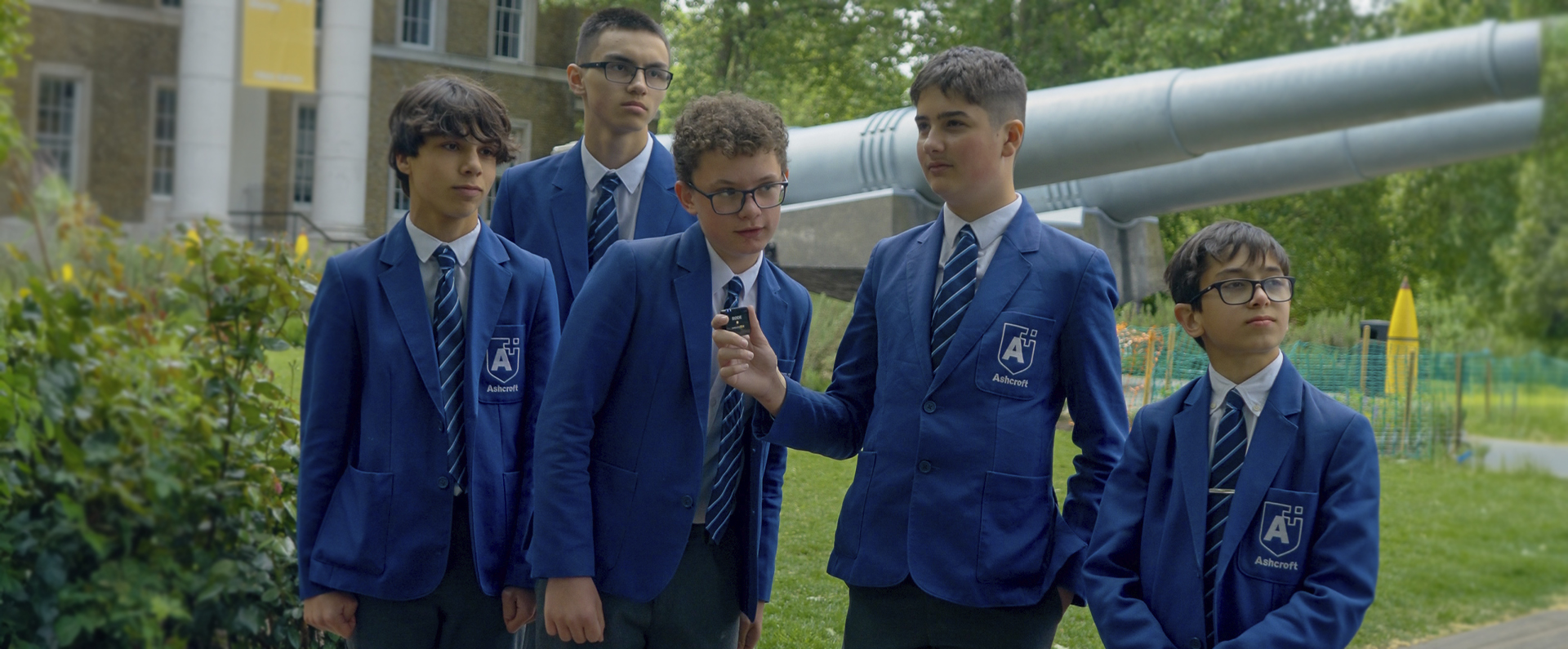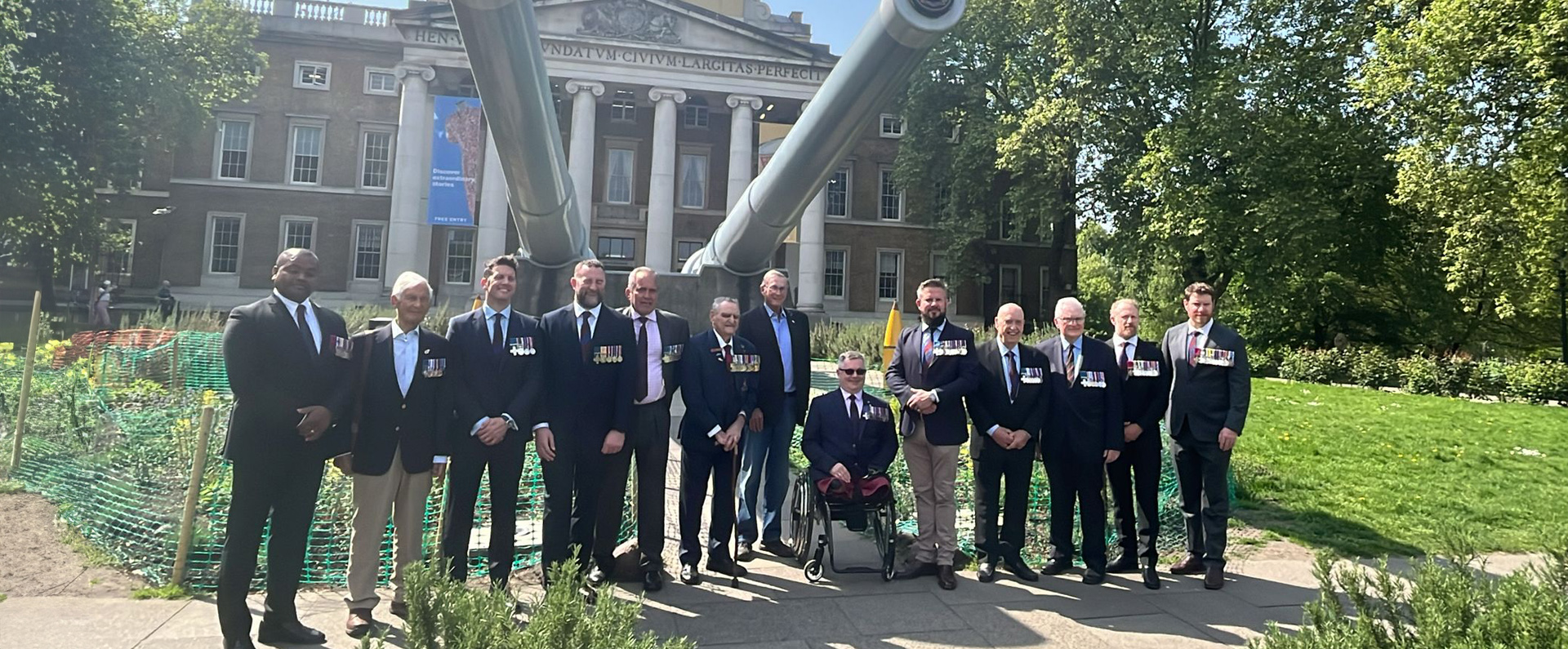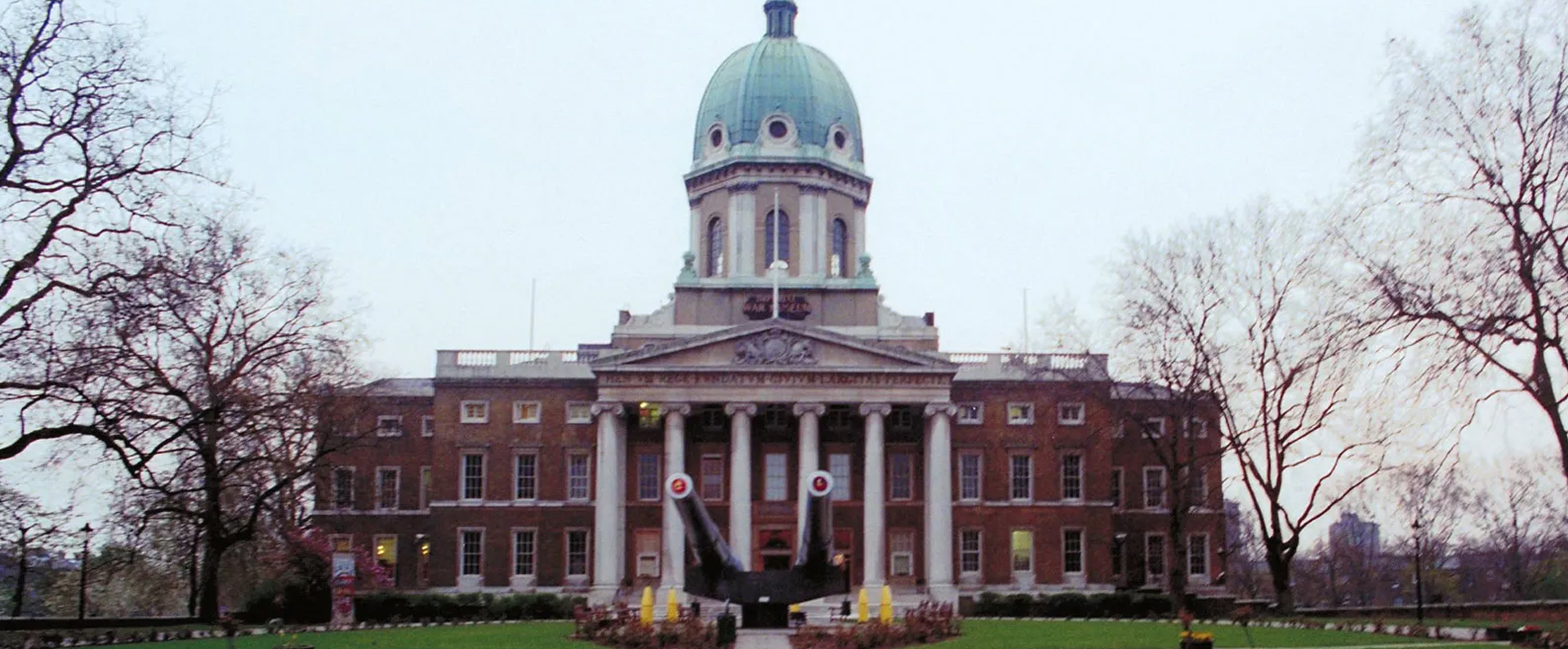
There can be few crimes as deplorable as human trafficking.
I find it staggering that, in the 21st century, there are still people making a living from a trade in human beings. The crime is about exploiting the weak to create a business in which both the cost in human misery and the financial cost to the global economy cannot easily be measured.
I am therefore delighted to report that Crimestoppers, the charity that I founded nationally 24 years ago, will be launching a national campaign to tackle human trafficking, the illegal profits of which are believed to be second only to drug running for criminal gangs.
The aim of the new campaign will essentially be two-fold: to bring the scale of the crime to people’s attention and to collect intelligence from the public that can be passed on to the police. Crimestoppers remains the only charity in the UK that seeks to solve crime.
Human trafficking, whether it be forced labour, sexual exploitation or other forms of exploitation, amounts to a form of slavery. It is abhorrent to think that not only is slavery alive today but it is more prevalent than when the practice was abolished through the work of William Wilberforce and others in the early 19th century.
In order to tackle the crime, we need to define it. The Council of Europe Convention on Human Trafficking – also known as the Palermo Protocol – has come up with a definition running to more than 100 words. But a simpler definition is: “The acquisition of a person, by means of deception, coercion or force, for the purpose of moving them into a situation of exploitation.”
Human trafficking is a covert crime operated by both organised criminal gangs and independent opportunists. The US Government estimates that the value generated by the illicit activity globally runs to $32 billion.
There is generally quite a good public awareness of human trafficking for the purpose of sexual exploitation, but the awareness level is much lower when it comes to labour exploitation. However, the exploitation of victims in industries such as agriculture, food processing and textiles is far more prevalent than is imagined.
It will both surprise and shock many people to know that hundreds of UK citizens have been, and still are being, trafficked around and out of the country for their labour to be exploited. But what can be done to tackle the problem?
This morning, in my role as Chairman of the Trustees of Crimestoppers, I will address a seminar of interested parties in central London in order to outline how the charity, in a partnership with the United Kingdom Human Trafficking Centre (UKHTC), intends to promote its new national campaign.
The campaign will also be run with the support of other groups including the Child Exploitation and Online Protection Centre (CEOP), the Metropolitan Police Service (MPS), the City of London Police (CoLP), the Association of Chief Police Officers (ACPO) and the Home Office.
Crimestoppers intends to set up a strategic working group consisting of relevant law enforcement agencies to ensure the campaign message is on track and that a coordinated message is achieved.
To get our message across to the public, we will use a variety of methods including short video films, radio advertising and outdoor advertising.
Crimestoppers began in 1988 as a three-way partnership between the business community, the police and the media. Businesses put up money to finance the scheme, the police are willing to act on information from the public and the media highlight the charity’s work.
But now, in these difficult times, we need another helping hand from the private sector: to enable us to set about ending a practice that is completely unacceptable in the modern age. There are many benefits to supporting this new campaign, quite apart from corporate social responsibility.
The existence of human trafficking, and its association with some industries, has a negative effect on legitimate businesses that are linked to such sectors. A strong stand against human trafficking by a company sends the right message to everyone, including its own staff (who see it as a positive act to work on society’s behalf against this dreadful crime).
There is much work to be done. Crimestoppers will measure the volume and quality of information received. This information will, in turn, be sent to UKHTC, which has the ability to match information to existing intelligence.
I hope that sooner rather than later we will be able to report that there have been major inroads against those responsible for human trafficking and that many victims have been released from their misery. But such successes will only come about if we all unite to end a practice that shames us all.
*Anyone wanting to know more about Crimestoppers and its latest campaign should visit www.crimestoppers-uk.org.



